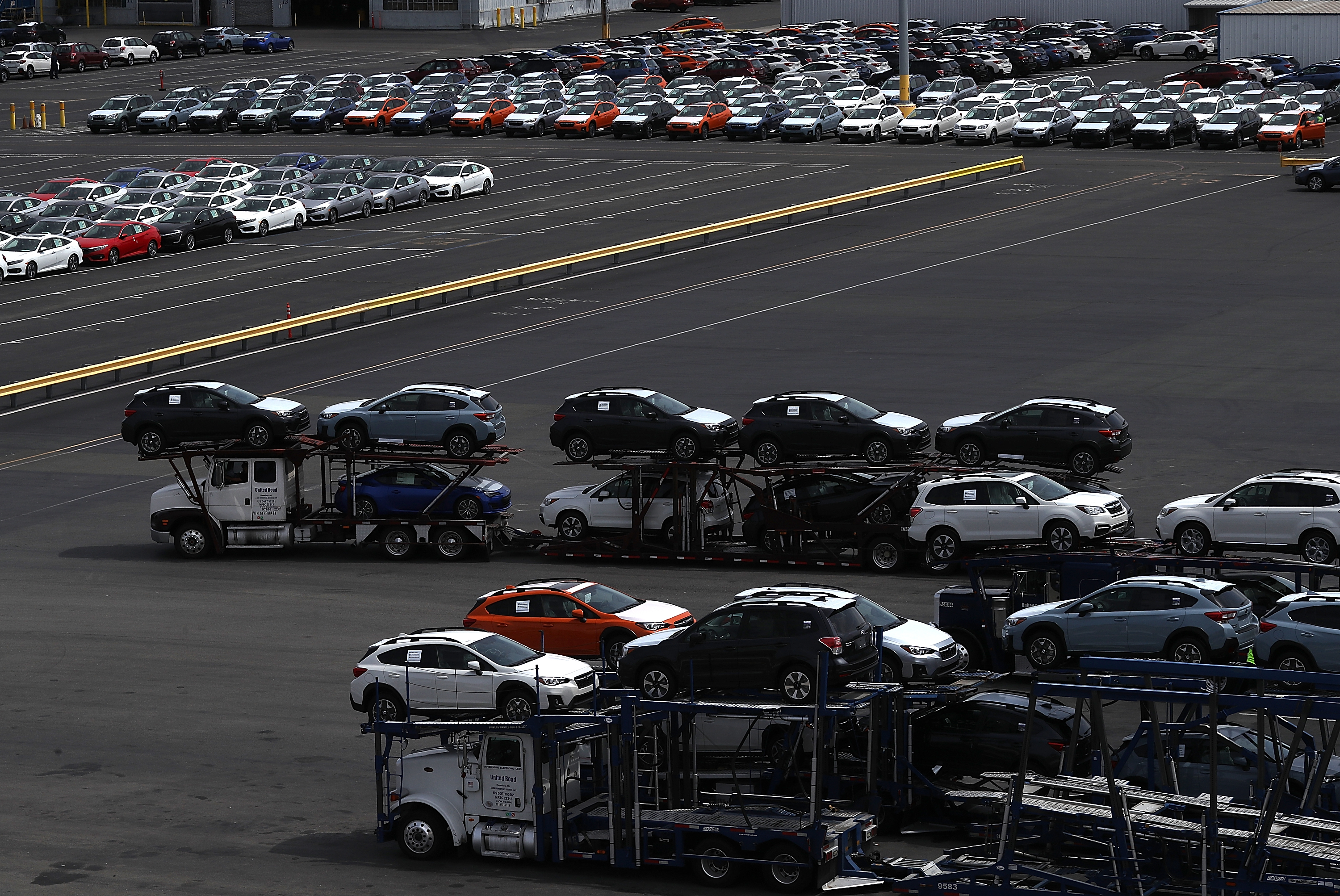Trump‘s car import move is getting panned
The decision to set an 180-day clock ticking on possible trade action has drawn criticism from industry, lawmakers and the EU

The White House announcement Friday that President Donald Trump has set a 180-day clock ticking on possible trade action against imports of cars and car parts from Japan and Europe brought strong pushback from the private sector.
The president’s implied threat to use Section 232 authorities to impose tariffs or other trade measures if negotiations to limit imports are not successful cited national security and, in particular, the need to protect research and development by U.S. automakers.
[Trump downplays China trade ‘squabble,’ rattles sabre at Iran]
The administration’s effort to use the national security authority of Section 232 brought immediate criticism from business groups and renewed criticism that Trump has overreached in his use of trade safeguards to attack imports.
“The importation of passenger cars and auto parts is not a threat to national security,” Neil Bradley, executive vice president at the U.S. Chamber of Commerce, said in a prepared statement. “This is a misuse of the administration’s trade authorities. The continued threat of tariffs on cars and auto parts only creates more uncertainty weakening our economy.”
Global Automakers, a trade group representing foreign car manufacturers, released a statement Thursday anticipating the administration action and warning it could have serious consequences.
[A Mexican tomato beef could lead to a bigger trade battle]
“No automaker or auto parts supplier asked for this ‘protection.’ We are headed down a dangerous and destructive course and strongly urge that the Administration not impose tariffs or quotas,” said John Bozzella, president of Global Automakers.
The White House announcement also drew pushback from both Congress and the European Union.
“We note that US postpones decision on car tariffs for 180 days,” Cecilia Malmström, EU trade commissioner, said in a tweet Friday. “But we completely reject the notion that our car exports are a national security threat. The EU is prepared to negotiate a limited trade agreement including cars, but not WTO-illegal managed trade.”
Senate Finance Chairman Charles E. Grassley, R-Iowa, one of several Republicans who have questioned the administration’s use of tariffs to pressure trading partners, also weighed in.
“I’m glad President Trump decided to delay these tariffs,” Grassley said in a Friday statement. “As the president knows, I’m not a fan of tariffs. And I have serious questions about the legitimacy of using national security as a basis to impose tariffs on cars and car parts.”
The White House proclamation said the president agreed with a Department of Commerce finding “that automobiles and certain automobile parts are being imported into the United States in such quantities and under such circumstances as to threaten to impair the national security of the United States.”
The department report was turned over to the White House in February but never released.
The president ordered the U.S. Trade Representative to begin negotiations with the EU and Japan to address the threat and report on progress in 180 days. The proclamation also noted the law “authorizes the President to take other actions he deems necessary to adjust imports and eliminate the threat that the imported article poses to national security.”
The proclamation cited a Commerce finding that “American-owned automotive R&D and manufacturing are vital to national security.”
“Sales revenue enables R&D expenditures that are necessary for long-term automotive technological superiority, and automotive technological superiority is essential for the national defense,” the proclamation asserted.
The proclamation cited a decline in the share of the U.S. market supplied by U.S. automakers from 67 percent in 1985 to 22 percent in 2017 and attributed the trend in part to “significant barriers” in foreign markets.





